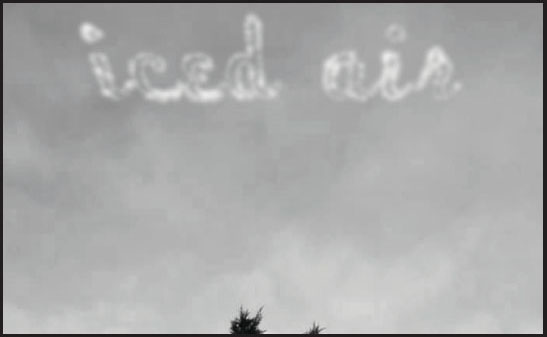
Into the 1920s, Art Smith, The Bird Boy of Fort Wayne, flew the mail overnight from Cleveland, Ohio, to Chicago, Illinois, in a de Havilland biplane he modified himself to ward off the freezing temperatures at altitude. He rigged the open cockpit with a canvas cowling that he cinched at his neck to deflect the blasting wind, and, at his feet, a shroud taken from an automotive exhaust heater radiated the soothing warmth given off by his 400 horsepower Liberty engine. He flew in relative comfort through the dark nights while during the day he moonlighted, composing advertising messages with his novel skywriting invention.
In the summer of 1922, in the midst of the record heat wave that would last through July, Art Smith climbed through the cloudless but dense tropic inversion over the Cuyahoga to etch in the saturated sky the promise made by the recently formed Carrier Engineering Corporation of mechanical “air conditioning.”
Willis Carrier, the company’s founder, was granted U.S. patent No. 808897 for his invention, which he named an “Apparatus for Treating Air.” Carrier was by then the father of Rational Psychrometrics having first proposed the idea of a “relative” humidity, describing the difference between the actual temperature and the temperature one actually feels. Mr. Carrier had shown great interest in Smith’s innovative skywriting and climate control devices, and they discussed, before the aviator’s launch, the thermic degrees and gradations as one leaves the surface of the earth.
Over a steamy Cleveland, Art Smith dotting the “i” of the “i” in “iced” and the “i” of the “i” in “air” was freezing as he skated through thinning thermal layers. Below, he attempted to warm himself with memory, remembered it was sweltering there on the ground. His pristine calligraphy aloft no doubt was diffused by the oppressive haze hugging the earth. As he worked, his fingers going numb on the wheel and throttle, he imagined the solid column of stagnant air rising up to meet him from below, a thermal swirling, a kind of massive baking cake, and he a pastry chef, spelling out, in a frosty frosting and against his natural inclinations, a wished-for wish.